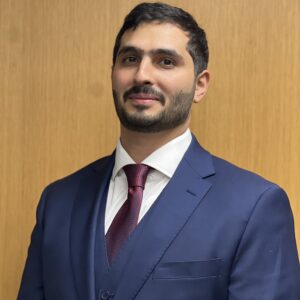
A Realist Evaluation of a Randomized Controlled Trial Examining a Workplace Exercise Intervention
Abstract Overview
Background: The UAE reports high rates of mortality from non-communicable diseases, and insufficient physical activity is a major underlying cause. Purpose: To apply a realist evaluation on different aspects of a randomized controlled trial (RCT) workplace exercise intervention that was conducted in Dubai, UAE. Methods: This study used a 13-question questionnaire based on a context-mechanism-outcome (CMO) configuration, which investigates how, why, for whom, to what extent, and in what context the different aspects of an RCT workplace exercise intervention worked. The questionnaire was sent via email and WhatsApp to 130 RCT participants. Data were analyzed using a content analysis approach that included a mixed inductive and deductive coding method. Results: Among the 130 RCT participants, 87 completed the questionnaire, of which 54 (62%) were from the intervention group and 33 (38%) were from the delayed-intervention group. Most participants (99%) were aware of the intervention’s objectives. In addition, 44% of the participants perceived that the trainers and facilitators helped them stay engaged and motivated to exercise in the workplace, while 44% perceived that the main barrier to exercise in the workplace was work commitment. Approximately 74% of the participants thought the study positively affected their friends, families, partners/spouses, or relatives. Most participants (98%) perceived benefits from joining the study, and the highest benefit experienced was improvement in health and fitness (27%). Finally, participants’ scores ranged between 5.9 to 6.6 out of 7 for five study components (regarding motivation to perform physical activity). Conclusion: The CMO configuration has provided insight into the successful aspects of the RCT and recommendations for future interventions.
Practical implications: To effectively improve employees’ behavior and health, the successful RCT components should be considered when implementing multilevel health-promoting workplace exercise interventions.
Funding: United Arab Emirates University [grant 31M466], ClinicalTrials.gov (NCT04403789).
Additional Authors
Name: Javaid Nauman
Affiliation: UAE University
Presenting Author: no

